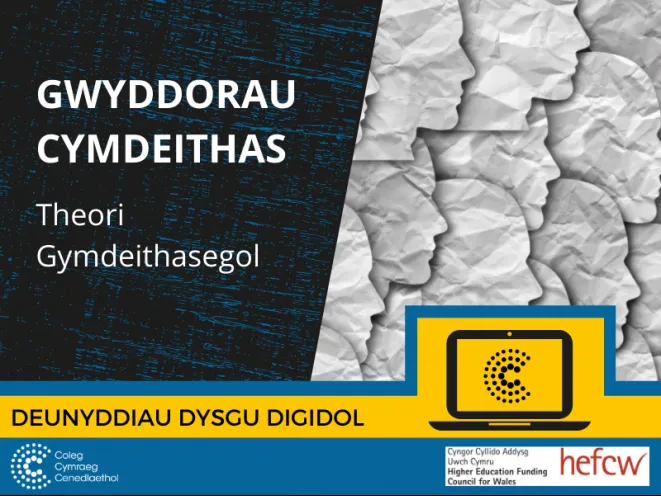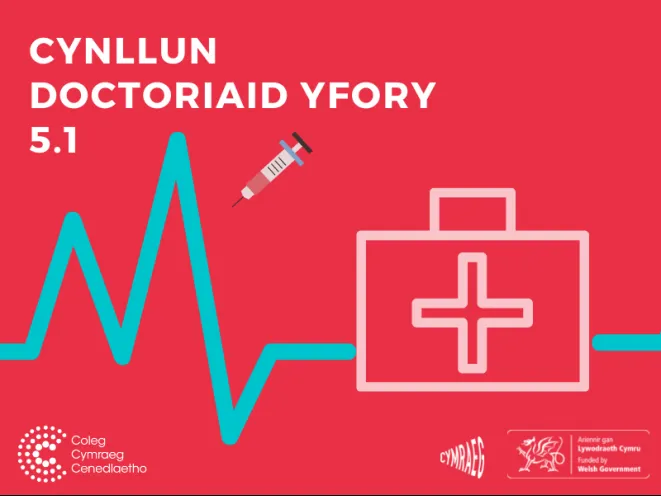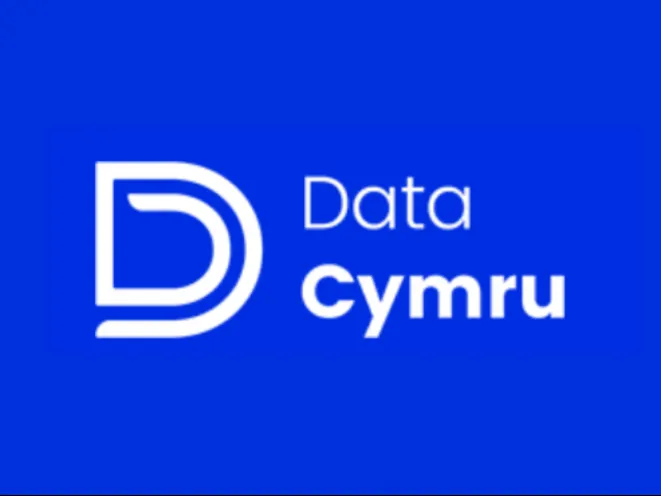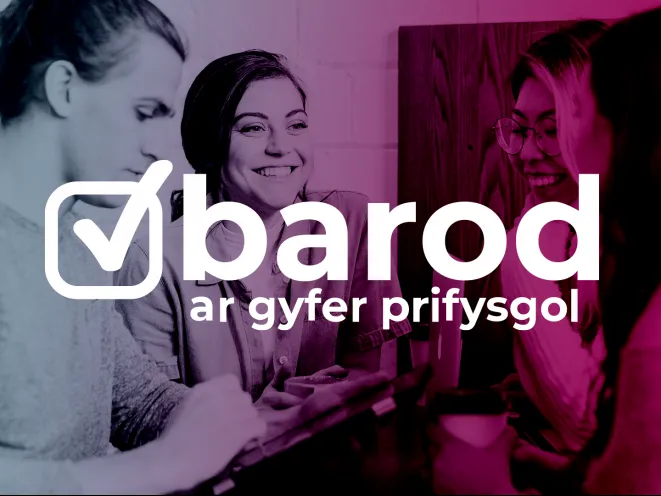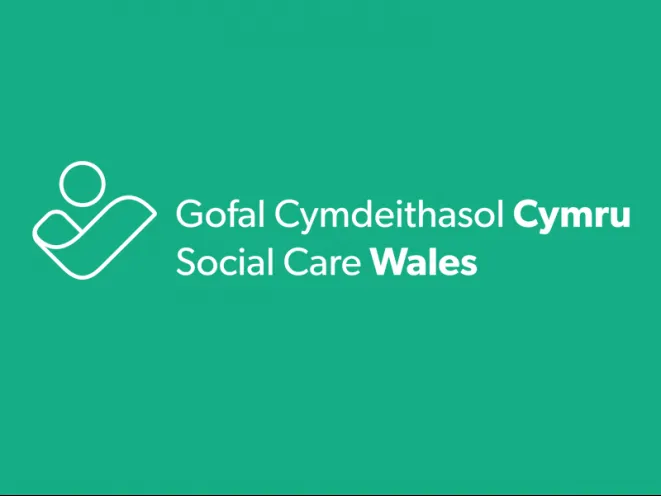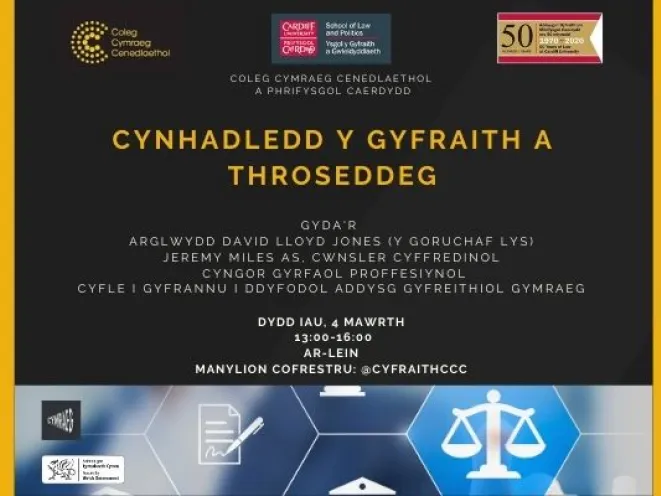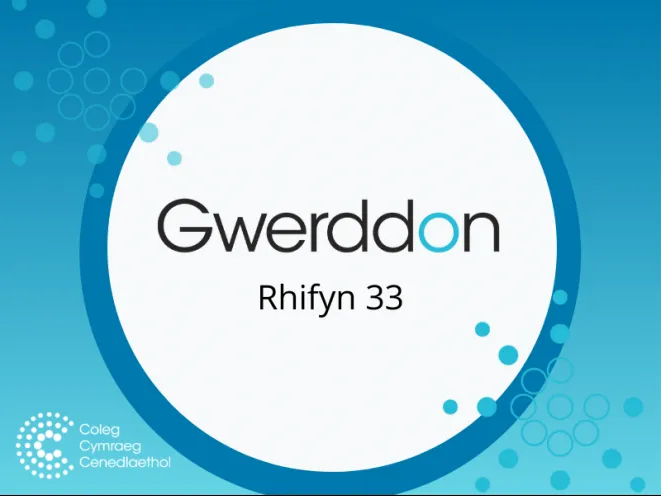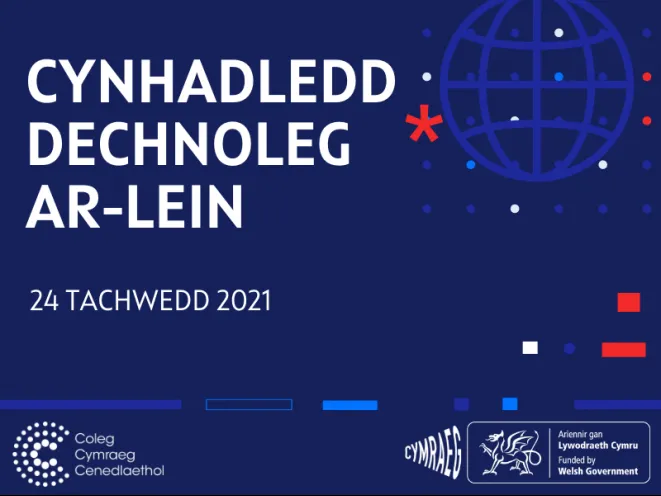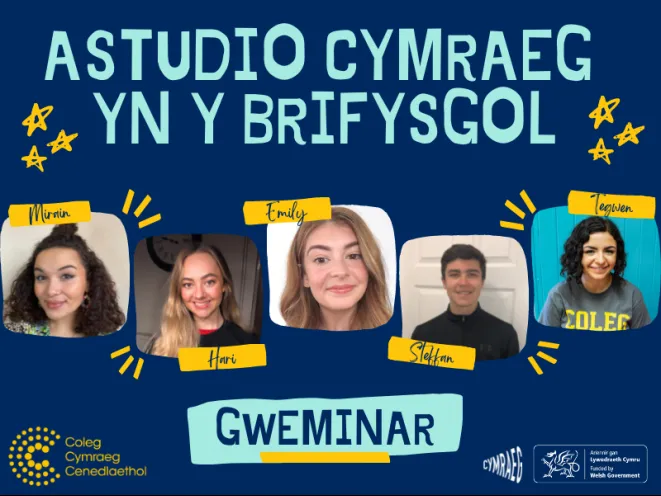This resource introduces students to some of the main theorists and theoretical works within the theme of sociological theory. Each unit contains the following: abstract lecture in the form of short video presentations multiple choice quiz seminar questions bibliography. Contributors to this theme: Dr Cynog Prys Dr Rhian Hodges Professor Rhys Jones Emily Pemberton Dr Siôn Llewelyn Jones Dr Huw Williams. These resources have been created with support from the HEFCW Investment and Recovery Fund. The individual units listed below are also available as one resource here.
Social Sciences: A Sociological Theory
Tomorrow's Doctors 5.1
A scheme to support Year 12 pupils, learners and students in their last year of studies with their applications to study Medicine. March: Introduction to the program April: Work experience May: C21 Cardiff University Medical School Curriculum May: Talks with a number of professional doctors June: Swansea University Medical School Curriculum June: Studying through the medium of Welsh and the Coleg Cymraeg Cenedlaethol Scholarship July: Alternative pathways to Medicine August: Summer break September: Question and answer session on the Personal Statement October: Traditional medical interviews November: MMI Interviews December: Interviews REGISTER BELOW (Registration closing date - 4 February 2022):
Survey design and analysis
This guide from Data Cymr provides practical advice and guidance for people who need to prepare, produce and design surveys and analyze the data , focusing on questionnaires and interviews. Content: What are surveys, their purpose, and why and when to use them Types of surveys How to create a survey Population and sampling Designing questions Data collection Data analysis Sharing the results
Designing and running focus groups
This guide by Data Cymru provides practical advice and guidance for anyone considering using focus groups as a research method. Content: What are focus groups, their purpose, and why and when to use them The main elements needed to prepare effective focus groups Planning a focus group Recruitment and participation Delivering a focus group effectively
University Ready
University Ready is your easy-to-use hub, whether you’re about to move on to university-level education, or if you’re supporting someone who is – perhaps as a parent, teacher, carer or adviser. You can search by topic – like study skills, wellbeing and mental health, or student life – by institution, and by subject area, so you can be sure of getting straight to the resources you need.
Learning Resources on the Social Care Wales website
Below is a link to the resources section on the Social Care Wales website. The resources are relevant to educators and learners in the field of Healthcare and Childcare. There is also a link to a document that has identified the resources that are relevant to the Level 2 and 3 Children's Care, Play, Learning and Development: Core courses.
Cynhadledd y Gyfraith (Law Conference) 2021
An online conference for undergraduate and postgraduate students, or anyone with an interest in the field, held on 4 March 2021. The Conference discussed various aspects of Law in Wales today. Lord Lloyd-Jones, of the United Kingdom’s Supreme Court opened the event and a presentation with a question and answer session will be given by Jeremy Miles MP, Counsel General for Wales. In addition to this, there was a vocational panel by two professional lawyers and also a discussion where the views of students on teaching Law and Criminology through the medium of Welsh at our universities were sought. Click below to view recordings from the conference:
Carwyn Jones, Meilyr Jones, Daisie Mayes, 'Adnabod y peryglon – dadansoddiad cychwynnol o gamblo ymysg myfyrwy...
The aim of this research was to gain insight into the potential risks associated with sport students’ gambling habits. There are a number of common risks associated with gambling, but sport students are subject to additional risks because they play in games that are part of the betting market and they must therefore comply with gambling integrity rules. Using focus groups with male and female rugby and football players we found that gambling was common. We also found that there was a lack of awareness and understanding about how gambling problems might arise. We also found that there was a laissez-faire approach to the gambling integrity rules.
Hywel Turner Evans, Aled Isaac, ‘Cronni Plasma o Bositronau’ (2021)
A review of the process of accumulating a positron (antielectron) plasma is presented. Positron sources and techniques to moderate, accumulate and characterise positrons are described, with examples of data collected using the positron beamline at Swansea University. Motivation is given for studying antimatter to explain the composition of the universe, in addition to some historical context. The use of positrons beyond research in fundamental physics is also discussed.
Technology Conference
This is a conference for students aged 16 years and over in schools, colleges and universities who are considering a career in engineering, computer science or a related discipline. What career paths can you follow? What demand is there for your skills in Wales and in Welsh? The Conference will be held over Zoom through the medium of Welsh with simultaneous translation to English You will hear from people who work in these disciplines. You will also be given the opportunity to ask questions. Chair: Ann Beynon, Former EHRC Commissioner Wales, Former Director, BT Wales. Speakers: Peter Gwyn Williams - Digital Infrastructure Department, Welsh Government Carwyn Lloyd-Jones, Director of ICT & Digital Business, Digital Health and Care Wales Mark Davies, Civil Engineer, Director at EDAF Siwan Owen, Associate Development Manager at Electronic Arts Ceri Mai, Degree Apprentice in Cyber Security Gwynedd Council, Hywel Ifans, Director at BCC IT Rhys Williams, Systems & IT Manager, Coleg Cymraeg Cenedlaethol
Dr Elen Ifan, ‘Gwerddon: Astudiaethau cerddo-lenyddol yng Nghymru: y diffyg a’r galw' (2021)
This article provides a critical overview of word and music studies, or musico-literary studies, in Wales. This field of study investigates the relationship between literature and music in its various forms. The scope of this article encompasses critical works published in the second half of the twentieth century in Welsh and aims to discuss the main ideas and works of significance or influence, whilst recognising that it is not possible to refer to each individual publication in a single overview. The field of study in Wales is placed in a critical context with an overview of the main points of interest in the wider discipline, and the article also identifies areas for further research in the field in Welsh.
Studying Welsh at university (Webinar)
Webinar: Studying Welsh at university In year 12 or 13? Want to know more about studying Welsh as a subject at university? Find out more about what's on offer, and hear the opinions of our ambassadors studying the subject about their courses and their life as students of Welsh. Presentation recorded in November 2021. Includes: General information about studying Welsh at university, e.g. Where can you study Welsh? What can you study in terms of courses and modules? What financial help is available? (up to 19 minutes) Conversation between our ambassadors and current students about studying Welsh at university (19 minutes onwards) Welsh medium presentation.

